The World Farmers’ Organisation (WFO) has raised concerns about the status of women farmers globally. Addressing an international webinar on March 14, the vice president of the World Farmers’ Organisation, Italy, Katrina Sarah Milne, representing Oceania, said that women’s rights are not fully recognised as evidenced by meeting women farmers around the globe.
“Women’s rights are not fully recognised as evidenced by meeting women farmers around the globe. Women farmers feel incredibly biased in all systems, especially in rural areas and less developed nations. Women do not possess property rights, and their work is not valued and goes unrecognised,” she added. Milne said that the WFO’s working group has made improved policies on climate-smart agriculture and making all efforts to keep women in front.
Addressing a webinar on ‘Innovative Networks for Women’s Cooperative Leadership through Capacity Building’, organised by the Indian Cooperative Network for Women (ICNW)-Working Women Forum-India (WWF) experts from various countries highlighted the role of cooperatives in promoting several sectors including agriculture. The ICNW-WWF hosted the historical virtual parallel event globally for the third time to the 67th session of the UN Commission on Status of Women (UNCSW) now from its Chennai headquarters.
You may also like to read – 30 Himachal farmers get training for cultivating medicinal and aromatic plants at CSIR-CIMAP
Like India and other developing countries women in the Caribbean region face similar difficulties in food and nutrition systems and underperformance in the agriculture sector, according to Milagro Matus who is the Deputy Program Manager of the Caribbean Community and Common Market (CARICOM Secretariat) from Guyana in South America. Addressing the webinar, Milagro Matus said that the true transformation of the rural economy and food system is not possible without the inclusion of women.
Matus underpinned the challenges, opportunities, and gaps for women in the countries of CARICOM region, these are Antigua and Barbuda, Bahamas, Barbados, Belize, Dominica, Grenada, Guyana, Haiti, Jamaica, Montserrat (a British overseas territory in the Leeward Islands), Saint Kitts and Nevis, Saint Lucia, Saint Vincent, and the Grenadines, Suriname, and Trinidad and Tobago. She said that women in the CARICOM region face similar difficulties in food systems and underperformance in the agriculture sector. She added that the true transformation of the rural economy and food system is not possible without the inclusion of women.
For true transformation of women, Matus recommended women’s participation in value chains by creating spaces like our International Network for Women in Cooperatives; building awareness and advocacy; capacity development intervention; improving data and analysis of rural women; developing knowledge and technology in reducing gender inequality; increasing access to income and credit; and free technical assistance. She added ICNW-WWF is the perfect practical example of creating independent women entrepreneurs that they wish to replicate in their region. She stated women and youth needs high priorities on the regional agenda, leaving no one behind.
You may also like to read – Incentivising agri-seed research & development is key to food security: Study
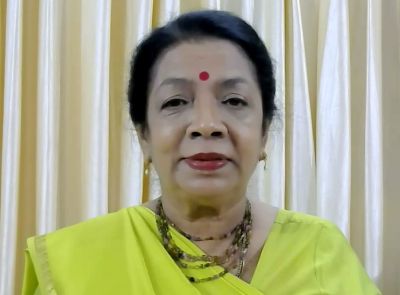
The president of ICNW-WWF, Dr. Nandini Azad, delivered the introductory remarks and experience of INCW-WWF, which was inspired by many global participants. Global cooperative networks of women participated along with mass cooperative workers of ICNW-WWF. She stated 500 poor women leaders, from Southern states of India, testified through case studies, successful entrepreneurs, and inspiring life stories from the movement of young and old women.
“We are the only instance in the world where poor grassroots women have the courage to provide the leadership to convene the whole world online but to stress the importance of building woman’s leadership in cooperatives. That is mainly patriarchal to gear to fight women’s struggles. Women are about 25 per cent in mixed cooperatives,” emphasised Dr. Azad. She highlighted key issues and challenges faced by women at decision-making levels in cooperatives.
Dr. Nandini Azad said, ICNW-WWF is a social movement having reached approximately 600,000 poor women members in four southern states of India- Tamil Nadu, Andhra Pradesh, Karnataka, and Telangana. It supports in leveraging petty loans to informal sector poor women engaged in 285 occupations including farming. The organisation uses financial inclusion as the key and helps poor women workers through credit groups, continuous loaning, and counselling training in empowerment, gender awareness and skills. The ICNW has developed a model within the context of Sustainable Development Goals (SDGs).
You may also like to read – India’s carbon footprint from marine fisheries is much lower than global level: Study
Other prominent panellists who shared their views include Deputy Director of UNWOMEN, N.Y (focal point for women in the U.N System) Vivek Rai; the Head of Cooperative Unit, International Labour Organization (ILO, responsible for social justice); Simel Esim, Secretary General of International Raiffeisen Union (IRU) Andreas Kappes; Ghada Ahmadein, Chairman of Regional Nile Women Network, Egypt and the lead of the Insu Resilience, Centre of Excellence on Gender Smart Solutions focusing (climate financing), Jennifer Phillips.
During the parallel virtual event, success stories were highlighted. The cooperative leaders from South India shared their experiences in the panel. In Adiramapattinam, fisherwomen are denied their rights, but through ICNW cooperative support, fisherwomen members succeeded in repairing fishing canals, auction rights without middlemen, and becoming owners of fish marketing and economy; an in Kancheepuram, Government policy protected only male weavers through its cooperatives. WWF-ICNW intervened and made women weavers the members of Weaver’s Cooperative Society and made them avail the same facilities and benefits available to men, reducing electricity bills for looms; In Vellore, ICNW cooperative members fought against discriminatory wages among beedi rollers and child labourers and ICNW facilitated them to practice alternative employment through micro-credit (pickle, jam, agarbatti making); In Dindugal, ICNW cooperative helped landless farmer women in the revision of wages, women head loaders assisted to procure banana, tamarind and sold to rural markets with profits.

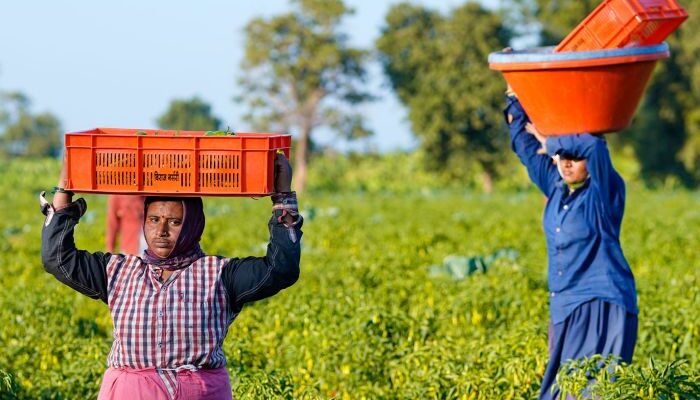
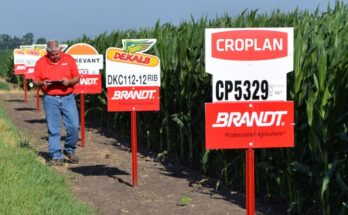
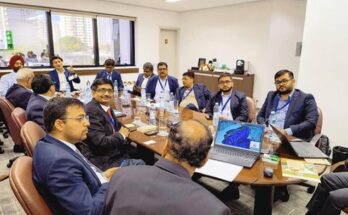
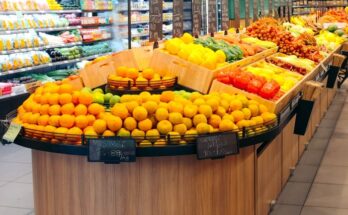
Hello agriculturepost.com, Your posts are always well-supported by research and data.